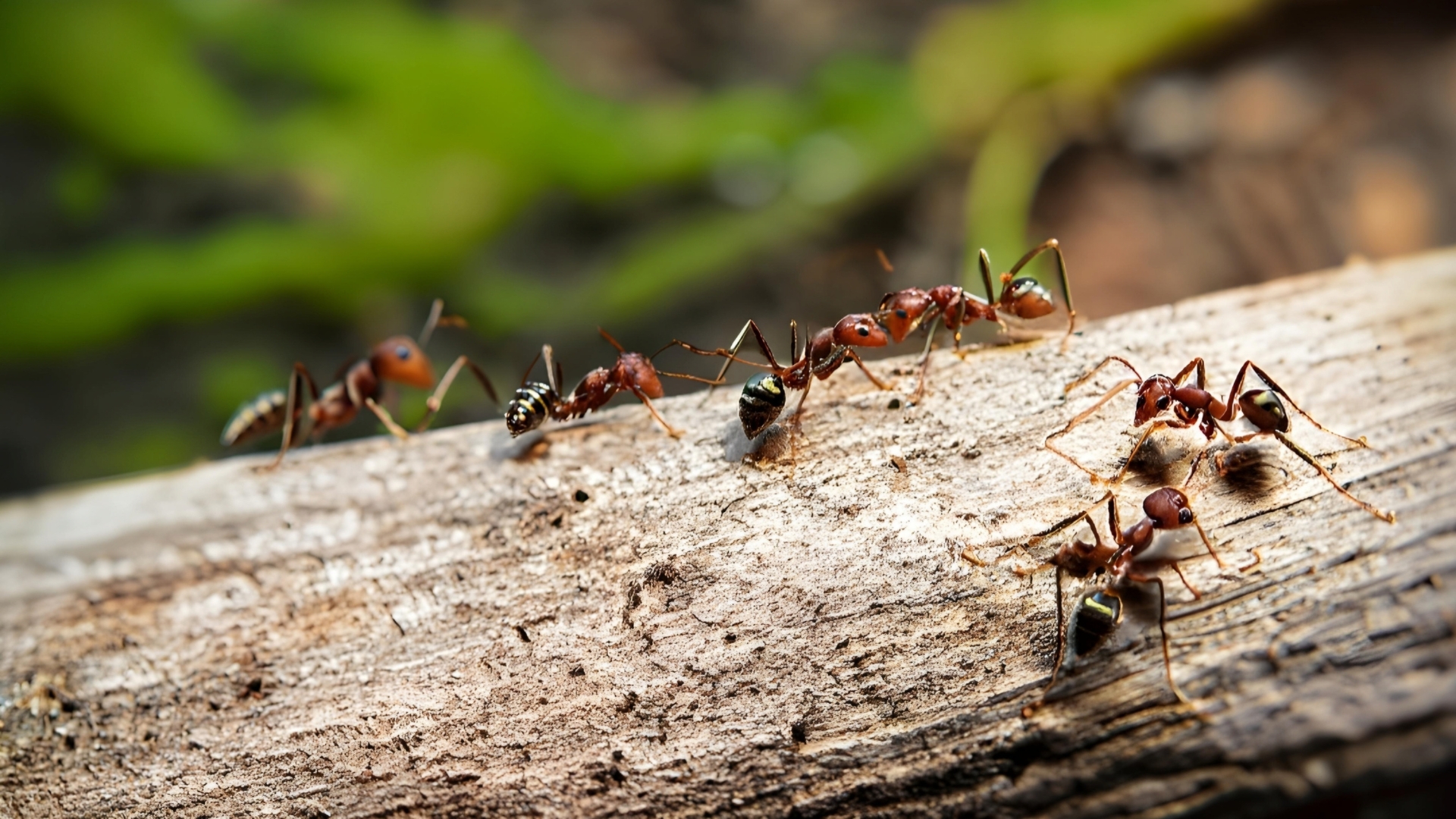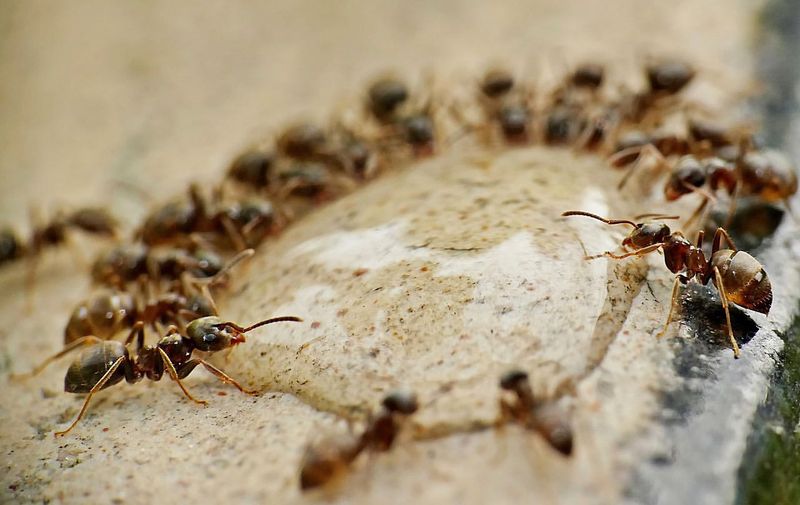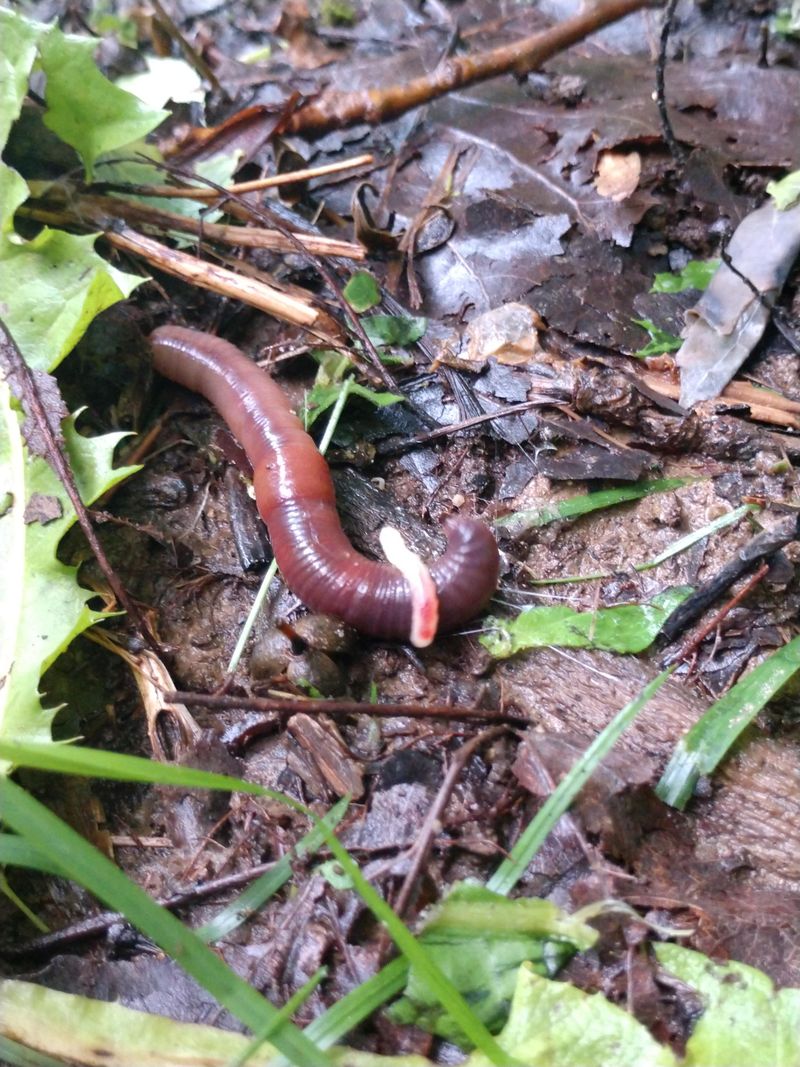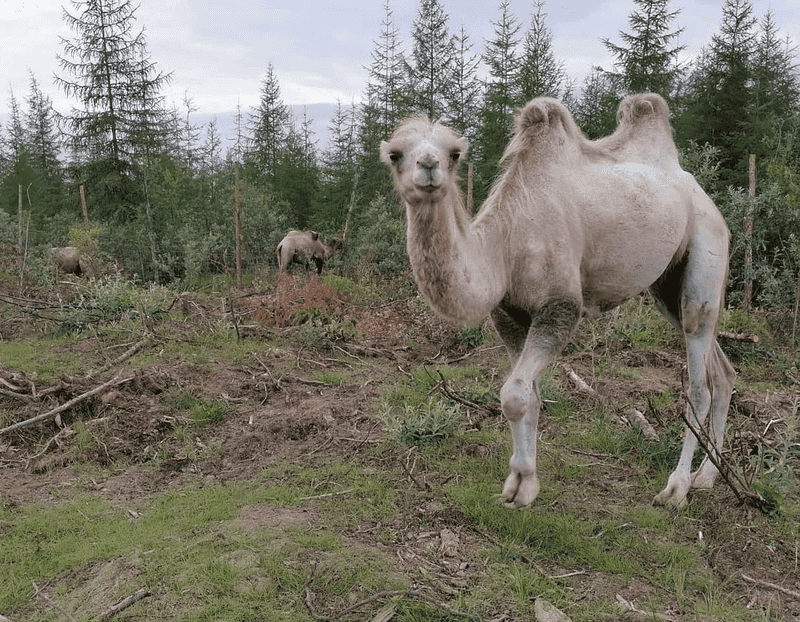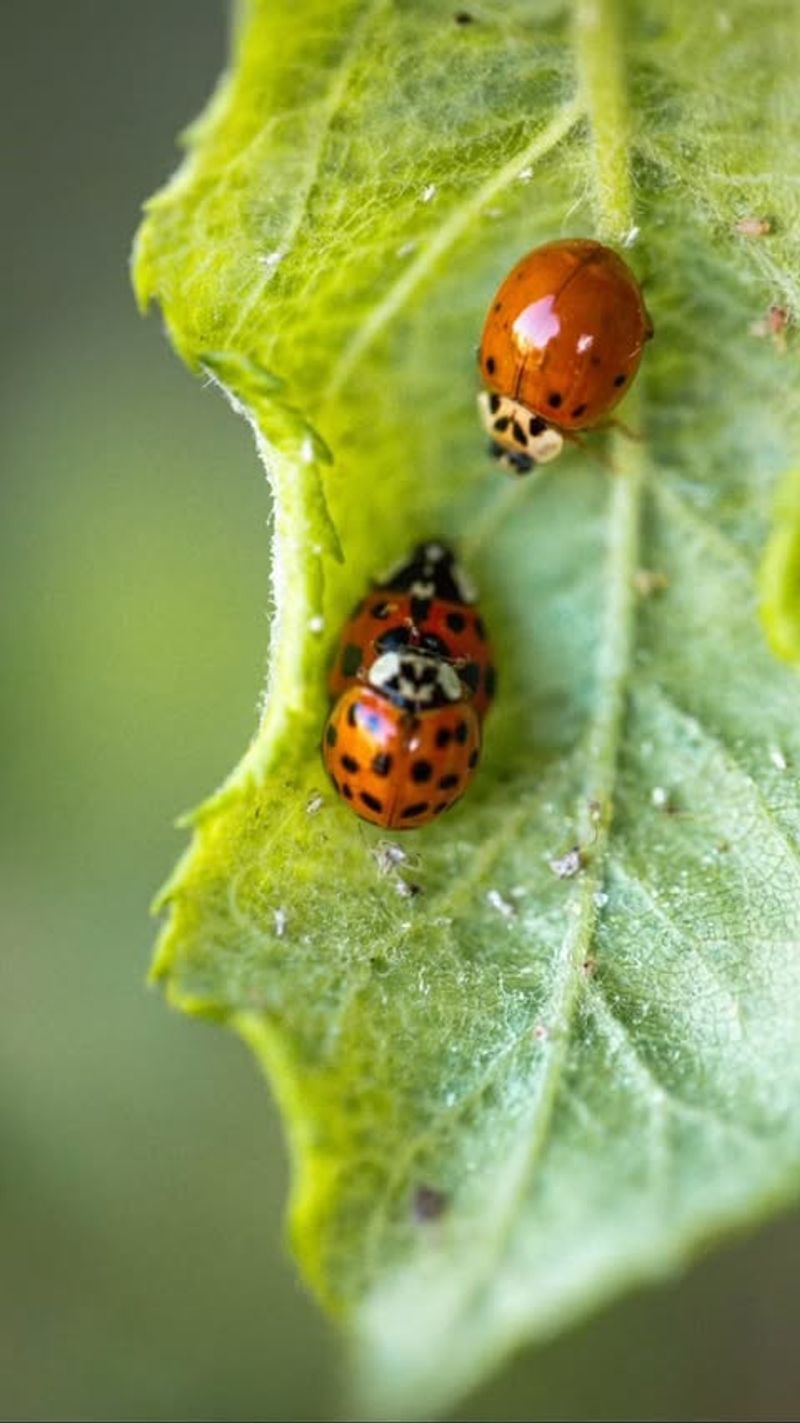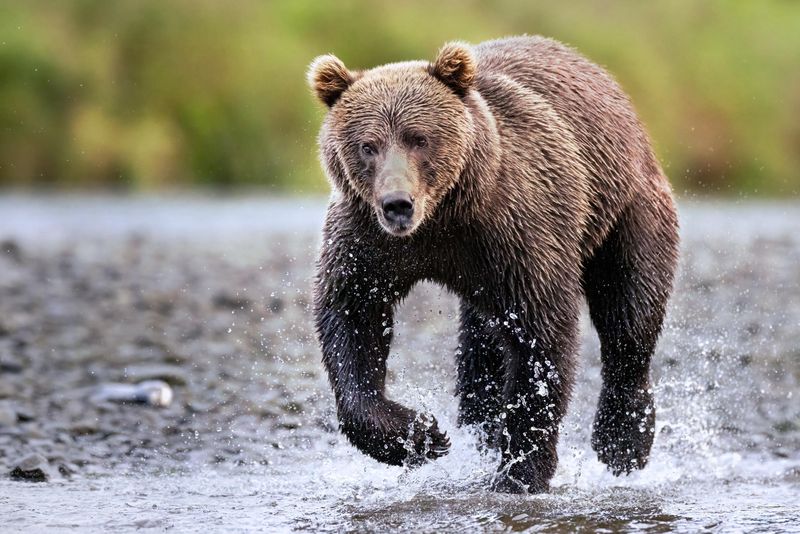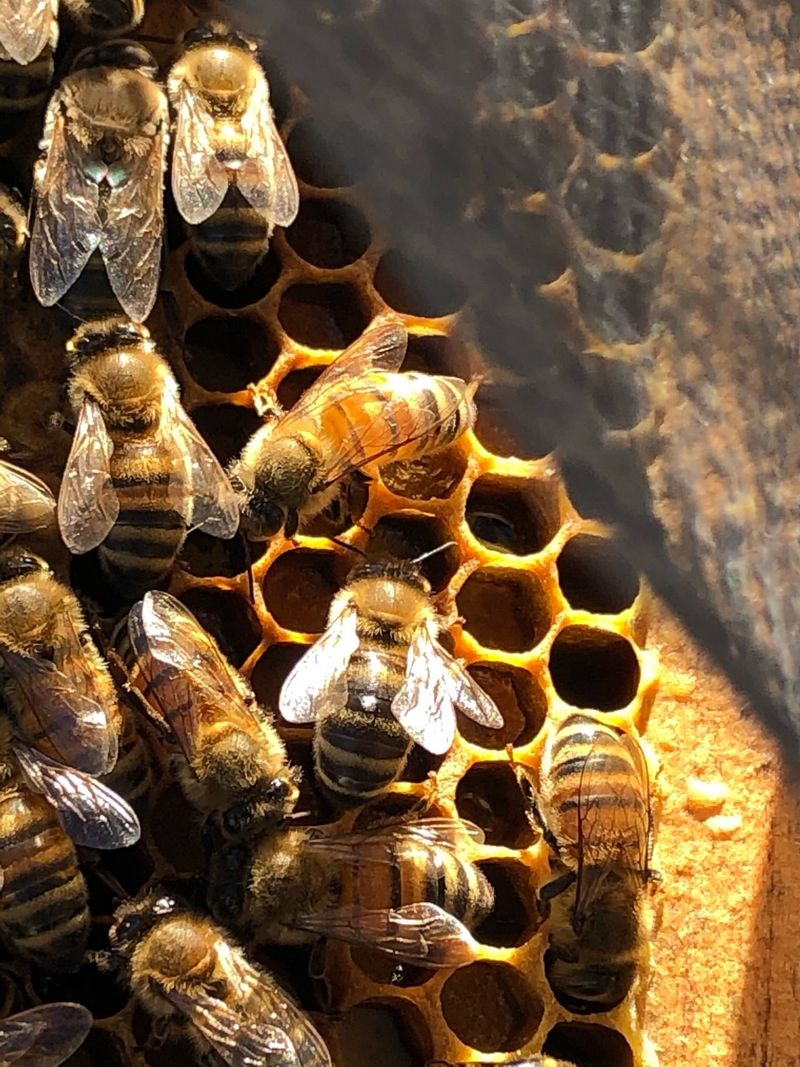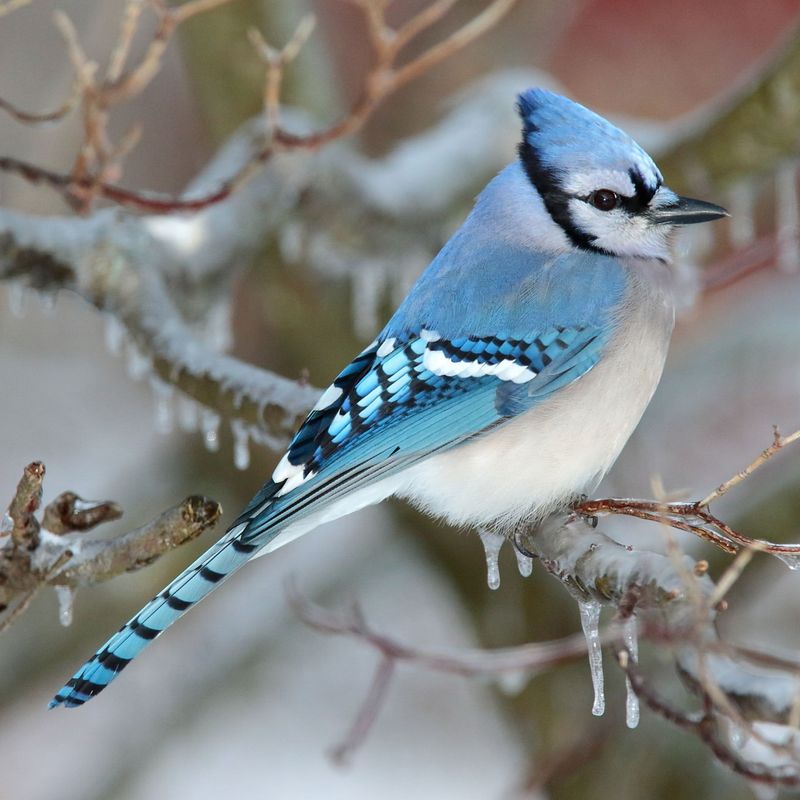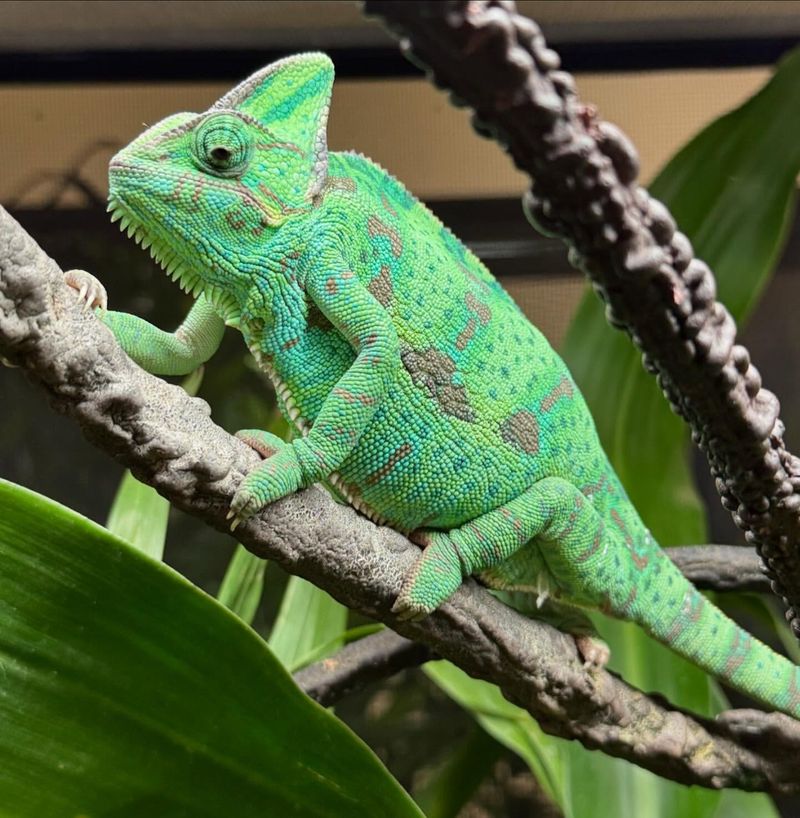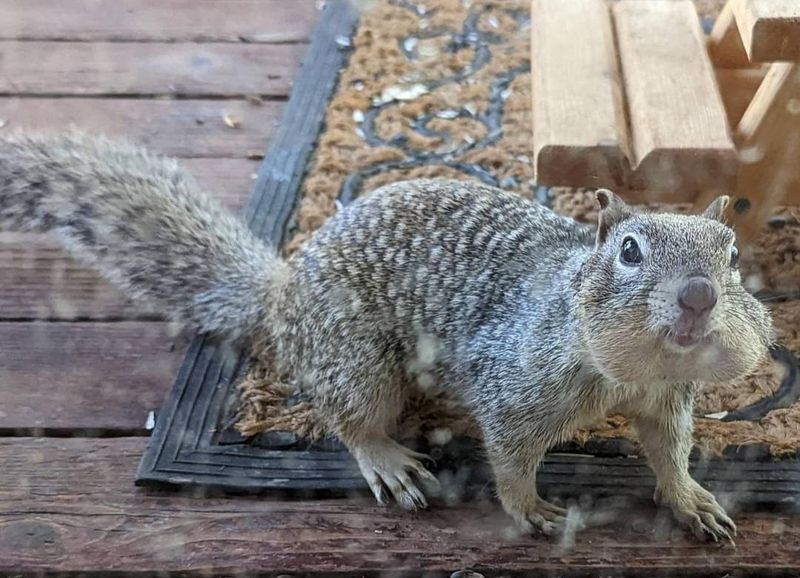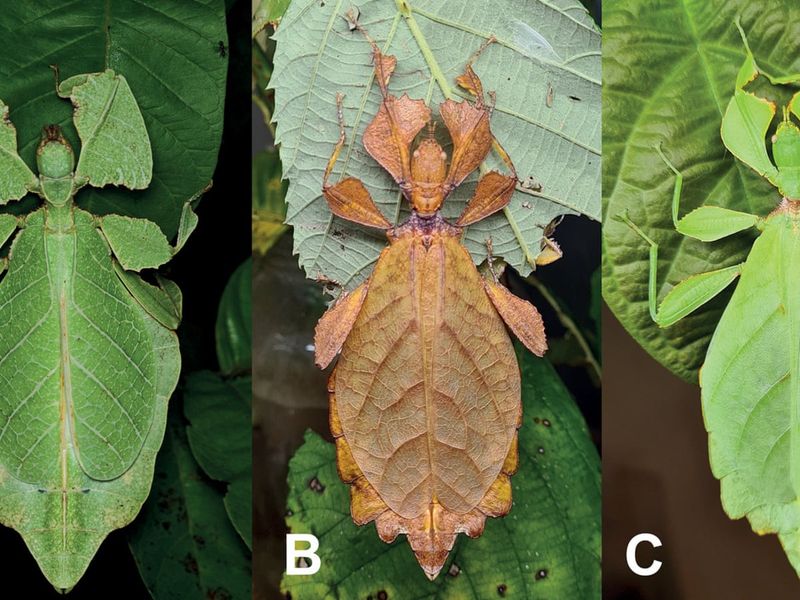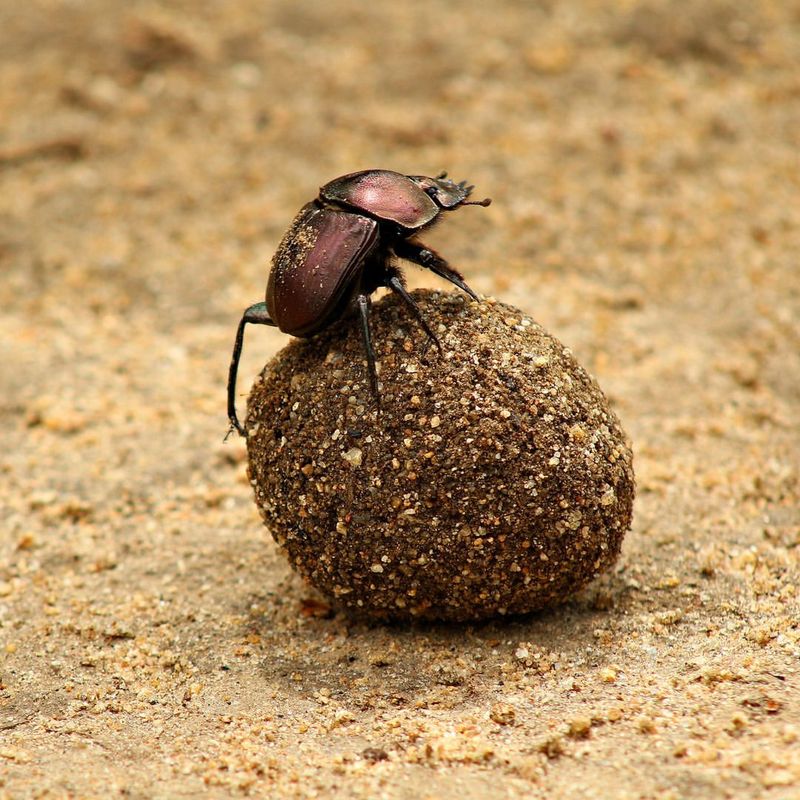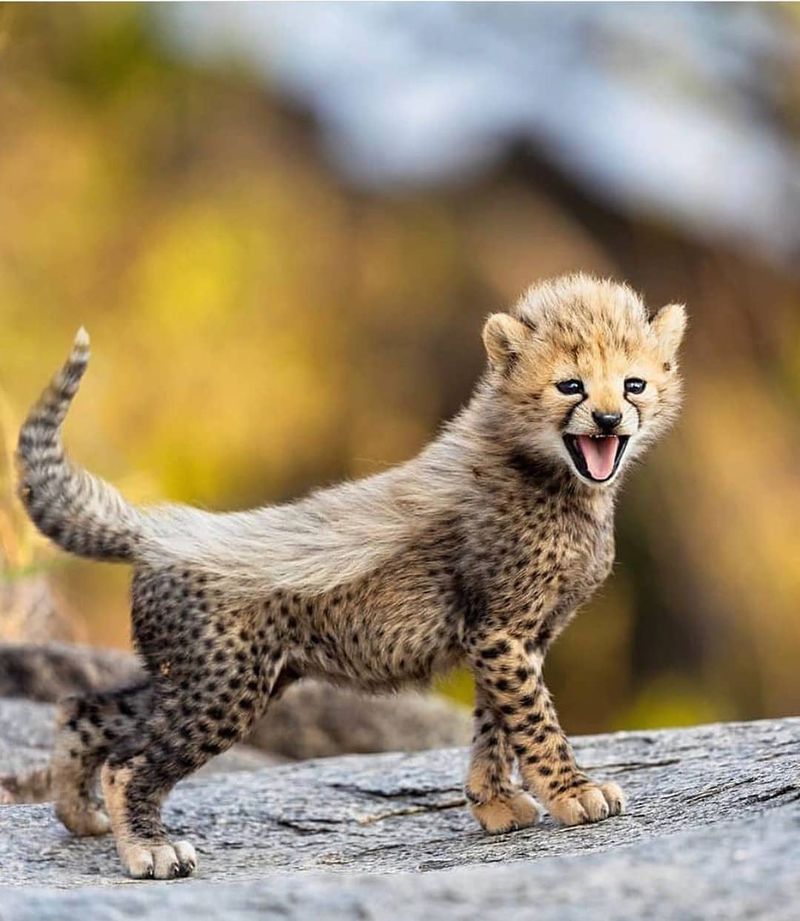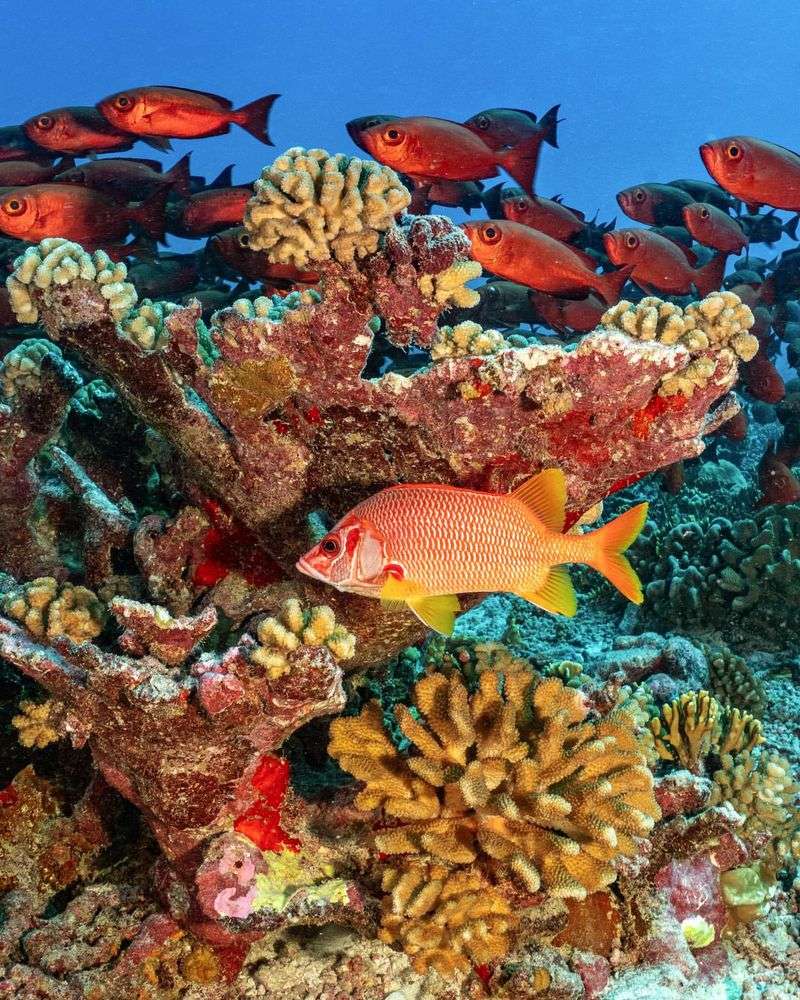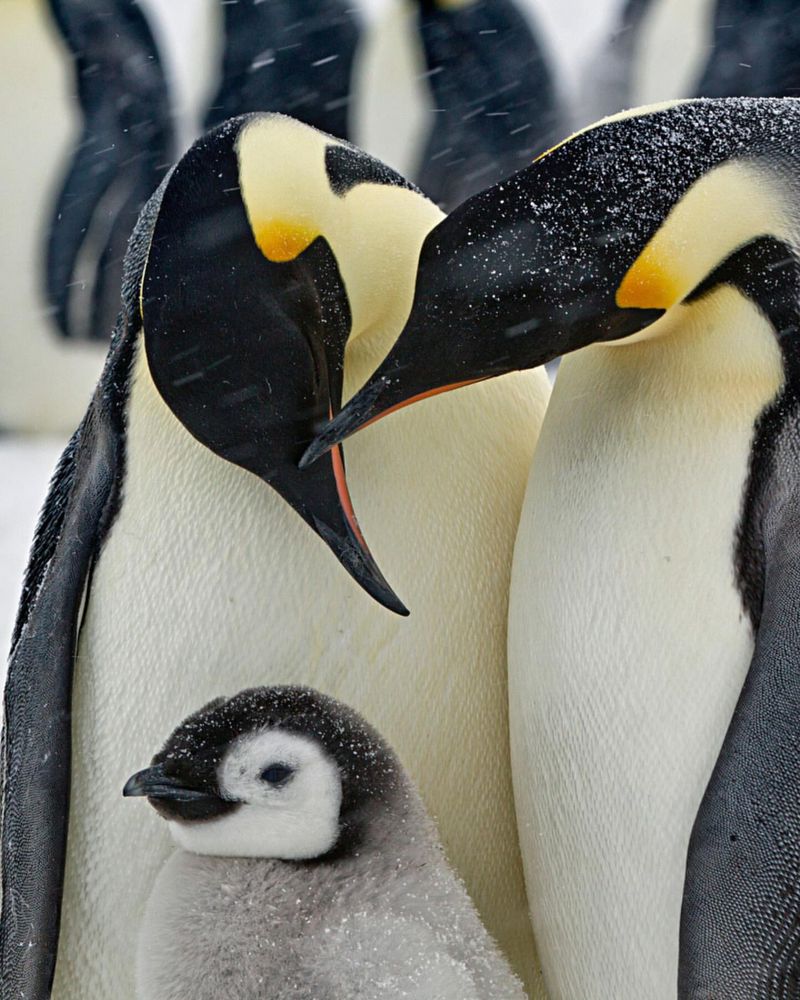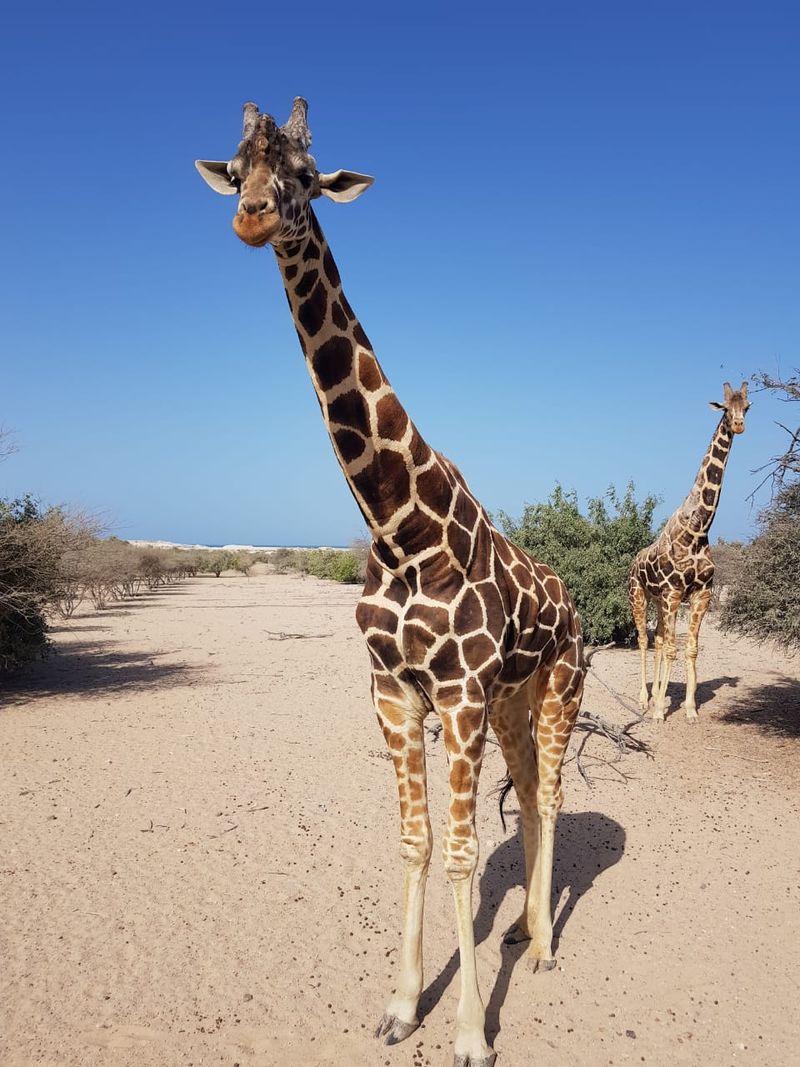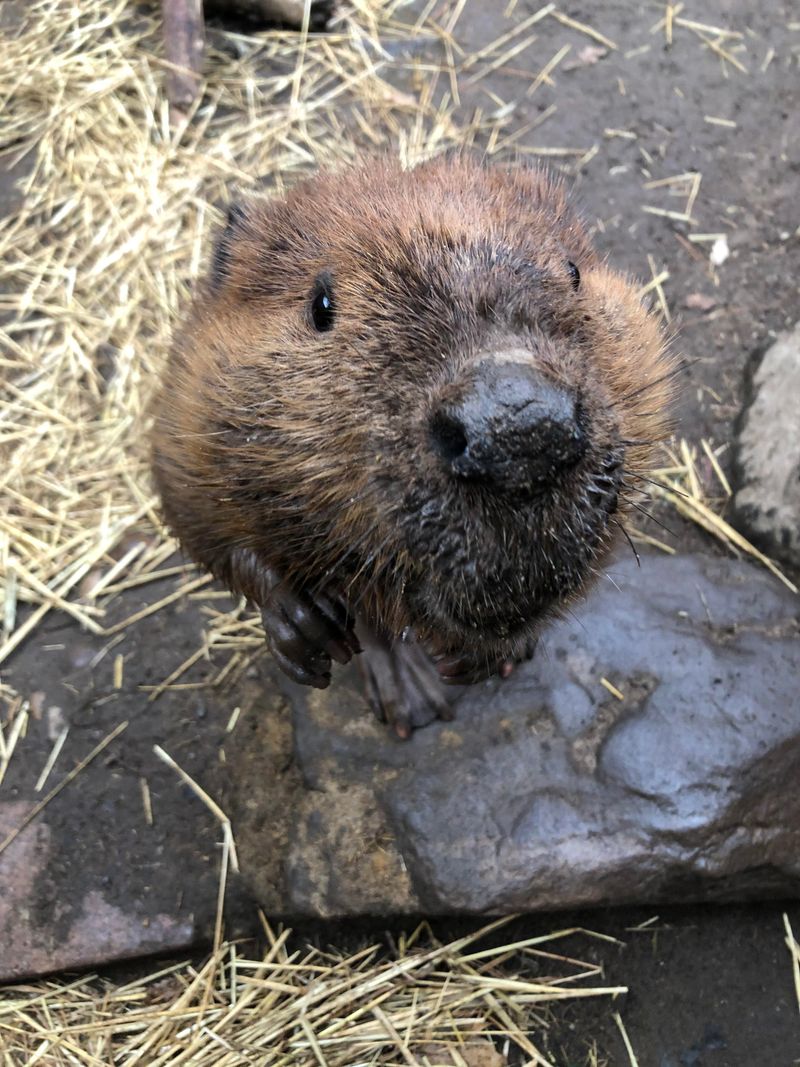Gardening is an art and science where we can draw inspiration from the natural world, particularly animals. These creatures have spent millions of years adapting to their environment and perfecting techniques that can be translated into effective gardening strategies.
By observing their behavior, we can learn invaluable lessons that enhance our gardening practices. From fostering biodiversity to optimizing resource use, animals offer insights that are both practical and inspirational. Join us as we explore 20 unique gardening lessons inspired by our animal counterparts.
1. Meticulous Planning
Observe the tireless work of ants as they build and maintain intricate colonies. Their meticulous planning can teach gardeners the importance of organizing and preparing the garden layout.
Just like ants, creating a well-thought-out plan ensures efficient use of resources and space. This can lead to a thriving garden ecosystem!
2. Sustainable Soil Management
Earthworms naturally aerate the soil, improving its structure and fertility. Their activity encourages gardeners to adopt sustainable soil management practices.
Incorporating organic matter and maintaining soil health is crucial for plant growth. Earthworms remind us of the benefits of nurturing the soil ecosystem.
3. Efficient Water Use
Camels are masters of water conservation, thriving in arid environments. Their efficiency can teach gardeners to use water wisely and adapt to changing climates. Implementing drip irrigation or rainwater harvesting mimics camel-like conservation.
This ensures that water resources are used efficiently and plants remain hydrated!
4. Natural Pest Control
Ladybugs play a vital role in controlling garden pests like aphids. Their presence encourages the use of natural pest control methods over chemical pesticides.
By attracting beneficial insects, gardeners can maintain a balanced ecosystem. This approach promotes plant health without harming the environment.
5. Seasonal Adaptation
Bears adapt to seasonal changes, instinctively preparing for hibernation. Gardeners can learn to embrace these cycles by selecting appropriate plants for each season.
Planning for seasonal fluctuations ensures that the garden remains productive year-round. This strategy leads to a resilient garden that thrives despite changing conditions.
6. Pollination Techniques
Bees are essential pollinators, transferring pollen from flower to flower. Their behavior encourages gardeners to design spaces that support pollinators.
Planting a variety of flowering plants ensures a continuous food source for these crucial insects. Pollination techniques inspired by bees enhance plant reproduction and biodiversity.
7. Resourceful Nesting
Birds are resourceful builders, using available materials to construct nests. Gardeners can learn from their ingenuity by recycling and reusing materials in garden projects. Creative use of resources reduces waste and lowers costs. Such practices lead to innovative gardening solutions and sustainable landscapes.
8. Adaptable Gardening
Chameleons are known for their ability to adapt by changing color. This adaptability can inspire gardeners to be flexible with their gardening techniques.
Embracing new methods and technologies ensures that gardens can thrive under various conditions. Adaptable gardening leads to innovative approaches and resilient gardens.
9. Efficient Seed Dispersal
Squirrels are adept at dispersing seeds by burying them, inadvertently aiding plant distribution. Gardeners can mimic this by strategically planting seeds to encourage natural growth.
Understanding seed dispersal methods enhances plant diversity and forest health. Efficient seed dispersal leads to a more vibrant and varied garden.
10. Symbiotic Relationships
The relationship between clownfish and sea anemones exemplifies symbiosis. Gardeners can foster similar relationships by planting companion species that benefit each other.
This practice enhances plant health, reduces pest issues, and promotes a balanced garden ecosystem. Symbiotic relationships lead to thriving plants and efficient resource use.
11. Protective Camouflage
Leaf insects use camouflage as a defense mechanism. This concept can inspire gardeners to use plant combinations that protect against pests.
By choosing plants with natural pest-repelling properties, gardens can be safeguarded without chemicals. Protective camouflage leads to healthier plants and reduced pest damage.
12. Nutrient Recycling
Dung beetles excel in nutrient recycling, breaking down waste and enriching the soil. Their actions highlight the importance of composting in gardening.
By recycling organic waste, gardeners can improve soil fertility and reduce waste. Nutrient recycling leads to sustainable gardening practices and healthier plants.
13. Efficient Energy Use
Cheetahs are energy-efficient predators, conserving energy for crucial moments. Gardeners can learn to optimize energy use by planting low-maintenance species and using energy-efficient tools.
This approach reduces the garden’s ecological footprint and ensures sustainability. Efficient energy use leads to a more eco-friendly gardening experience.
14. Regenerative Growth
Starfish have the remarkable ability to regenerate lost limbs. This capacity for regrowth inspires gardeners to focus on regenerative gardening techniques. Practices like pruning and propagation encourage new growth and plant health. Regenerative growth leads to a lush and ever-flourishing garden.
15. Natural Fertilization
Bats contribute to natural fertilization through pollination and seed dispersal. Gardeners can support these nocturnal creatures by planting flowers that bloom at night. This partnership enhances plant reproduction and biodiversity. Natural fertilization leads to a vibrant and ecologically balanced garden.
16. Social Cooperation
Lions demonstrate social cooperation in hunting and territory defense. Gardeners can adopt cooperative strategies by collaborating with local communities.
Sharing resources, knowledge, and tools enhances gardening success. Social cooperation leads to a supportive gardening network and enriched community relationships.
17. Biodiversity Promotion
Coral reefs harbor immense biodiversity, supporting various marine species. This diversity encourages gardeners to cultivate a wide range of plants. A diverse garden promotes resilience against pests and diseases. Biodiversity promotion leads to a healthy and balanced garden environment.
18. Climate Adaptation
Penguins adapt to cold environments through group huddling for warmth. Gardeners can adapt to climate challenges by selecting climate-resilient plants. Understanding local climate patterns enhances gardening success. Climate adaptation leads to gardens that thrive despite environmental changes!
19. Natural Pruning
Giraffes naturally prune trees by browsing on leaves and branches. This behavior can inspire gardeners to use natural pruning methods. Regular pruning encourages healthier plant growth and shape. Natural pruning leads to aesthetically pleasing and well-maintained gardens.
20. Efficient Food Storage
Beavers store food efficiently, creating reserves for lean times. Gardeners can learn from their foresight by preserving harvests and storing seeds. This practice ensures food security and availability throughout the year. Efficient food storage leads to sustainable gardening and resource management.

